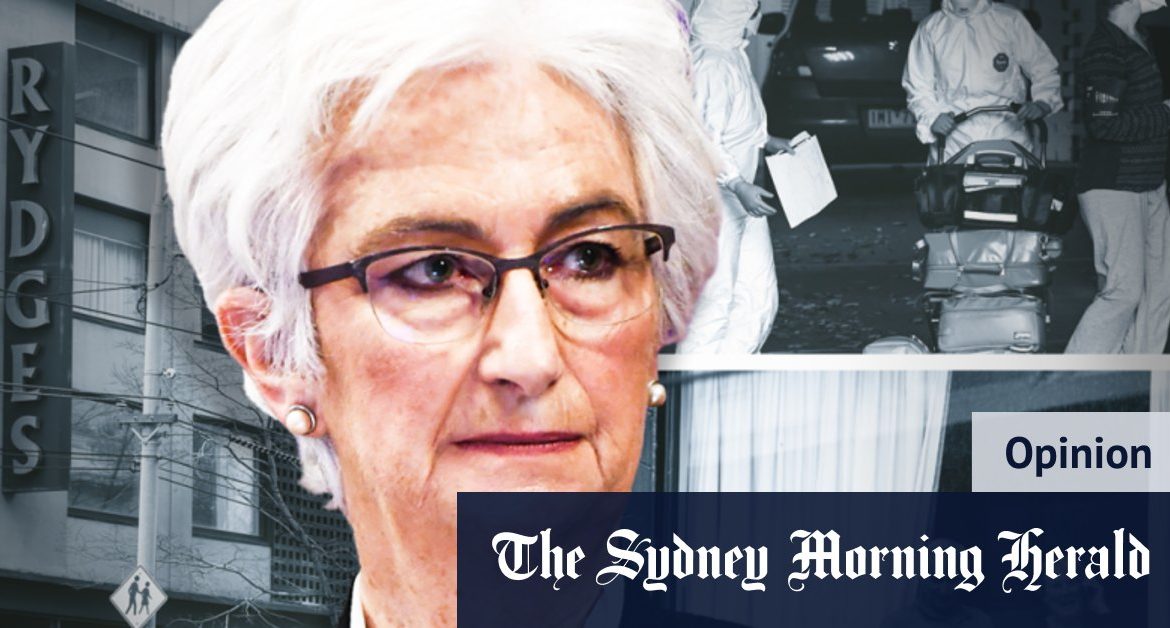It’s the supervision question. Who was telling 20-something-year-old bodybuilder security guards (with an assumed zero knowledge of infection control) what to do and making sure they did not risk their own health? Again, both Victoria and NSW had health officials on site, but the Victorian officials told the inquiry they were there to “co-ordinate” health advice and cavilled at the suggestion that their team leaders were “in charge”. There was no such doubt in NSW; NSW Health was the boss.
Reading the report, which I have done with morbid fascination, is to read a litany of contradicting answers, Keystone Cops falling over each other. It gets down to the decision-making steps and minute-taking at senior executive meetings. As the Coate report reveals, there were none. Because when you follow the rules of meeting procedure, the reason for every decision needs to be documented. This has the added benefit of the group actually making a decision. Sadly, these tedious niceties went out the window.
Finally, there’s the question of who’s running the show. Is it the public service or the elected government? As the report archly documents, the Victorian health minister at the time, Jenny Mikakos, barely understood what was going on and didn’t think to ask. Martin Pakula, Minister for Jobs, Precincts and Regions, didn’t know much either and again, did not ask. Even when a security company that was not on the preferred tenderers’ list got the bulk of the work, the minister didn’t ask. Did the department not think it worth providing an explanation, assuming at some point, this might become a matter of interest to the Auditor-General? By the end of volume two, there was still no explanation for this brazen decision to give millions of dollars to a security firm that hadn’t made the cut.
And what about the secretary of Health and Human Services, Kym Peake, ignoring the Premier’s written instruction to focus solely on the pandemic response? Was there a letter back explaining why he was wrong? No wonder the Premier didn’t refuse her resignation.
It is true ministers are told to stay out of operational matters and there are certainly risks in making decisions that go against departmental advice. In the case of NSW, Gladys Berejiklian’s managerial strengths enable her to drive the decision-making, but all ministers, like board members, have a duty to ask questions. Their ultimate public accountability entitles them to answers and good ministers often provide exactly the informed questioning that tests a decision the public sector, with its very different mindset, may have got wrong.
Loading
Ministers also think on their feet. Sydney has the second largest consular corps in the world; the advice was not to hotel quarantine returning diplomats who, under international law, cannot be charged if they refuse to do so. Instead, a minister suggested health officials ring them at home several times a day, every day, to check they are where they said they would be for 14 days.
In my experience, ministers of any political persuasion are conscientious and hard-working, only too well aware that it is they who swing first at the end of a political rope if all goes wrong. Ask Jenny Mikakos … whose ghost should now be heard, demanding public sector reform.







